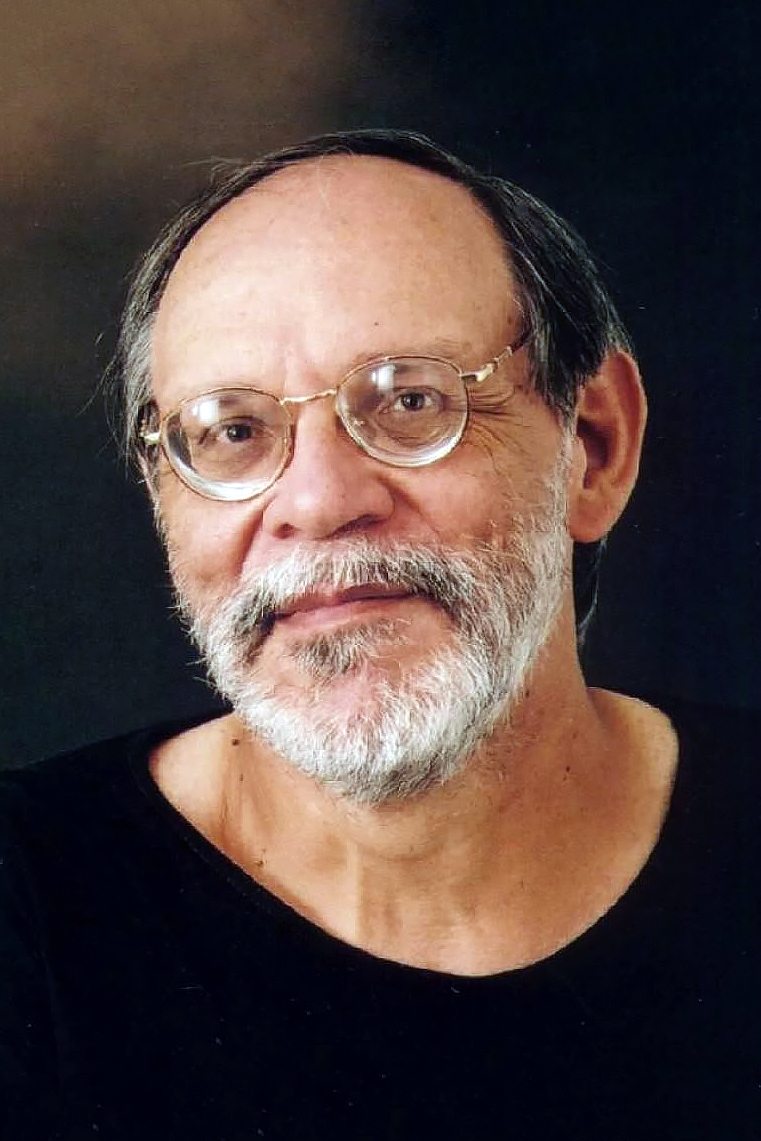
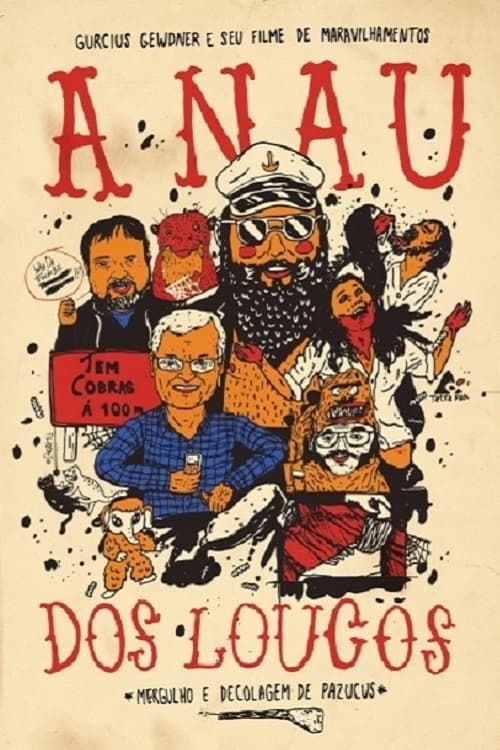
With free eyes, an open heart, good friends and a handful of luck, Gurcius Gewdner revisits some of his adventures of the past five years, survives the relentless Russian winter and asks the following question: How far can an underground Brazilian film go?

An authentically marginal cinema created in Catholic university in Brazil. One of the most intriguing and imaginative moments in modern cinema in the voice of some of its select conspirators—with Carlos Reichenbach at the lead—, and through the most razing flow of images that can possibly be conceived.
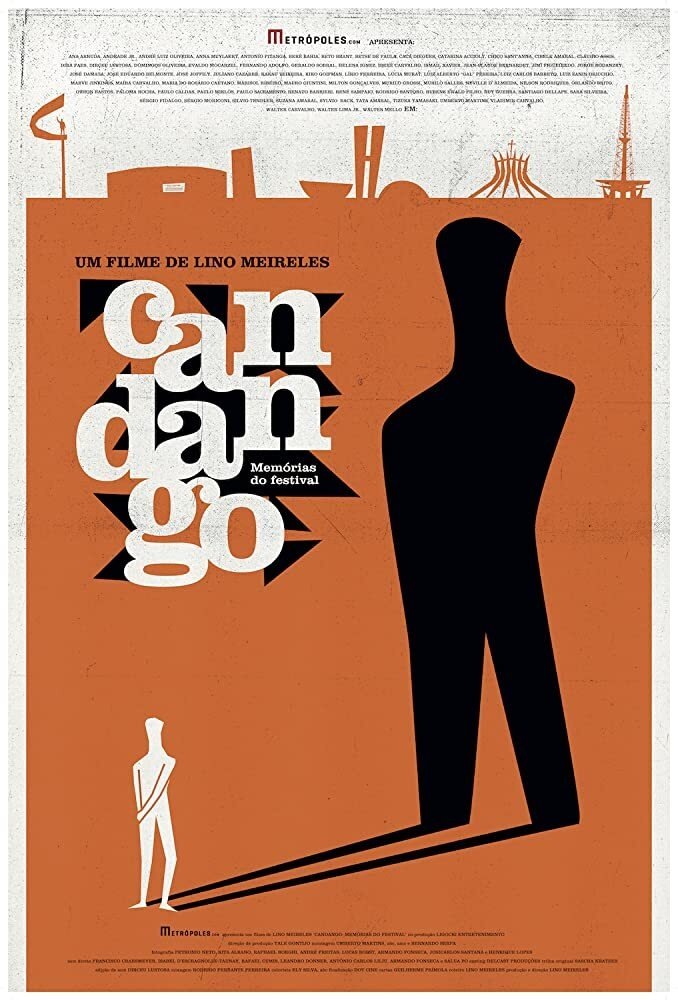
In 1965, a year after the military coup in Brazil, an oasis of freedom opened in the country's capital. The Brasília Film Festival: a landmark of cultural and political resistance. Its story is that of Brazilian cinema itself.
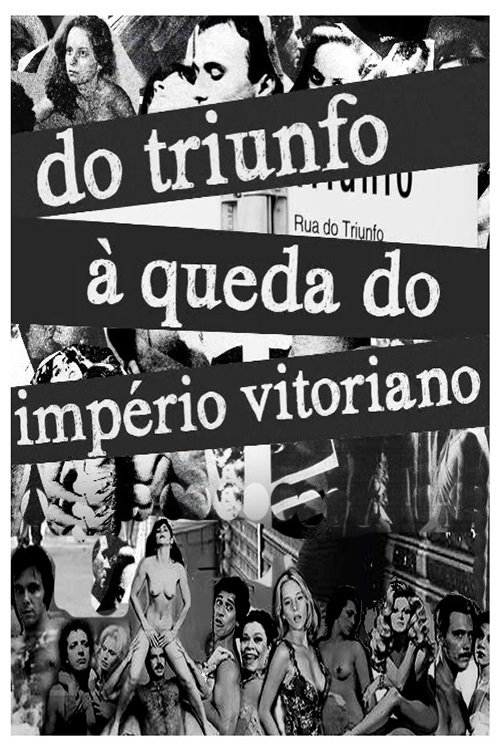
Through the recovery of found Super-8mm footage captured by his brother during the 70´s dictatorship, André tries to revive the memories of his father, who’s been waiting for his missing son for over 30 years.
A travelogue through the remains of São Paulo failing 80s economy, including its in ruins film industry.
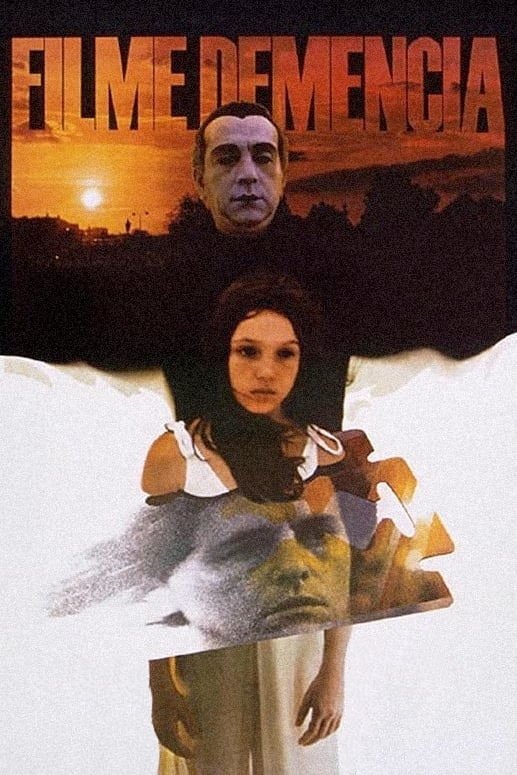
Transposition of the myth of Faust to modern Brazil. The heir to a bankrupt cigarette factory, amidst a personal crisis, leaves everything behind and heads for a supposed paradise he has seen in a tourist agency, where he believes he could find self-knowledge. In his search, he is inspired by a Mephisto-like character.
Carlos Oscar Reichenbach Filho (14 June 1945 – 14 June 2012) was a Brazilian filmmaker. Born in Porto Alegre, Reichenbach was one year of age when he went to live in São Paulo. He studied in the School of Cinema São Luiz under Luis Sérgio Person. With João Callegaro and Antonio Lima he made his first feature-length films, the anthologies "As Libertinas" (1968) and "Audácia, a fúria dos desejos" (1969). His final film was "Start a History" in 2011.
By browsing this website, you accept our cookies policy.